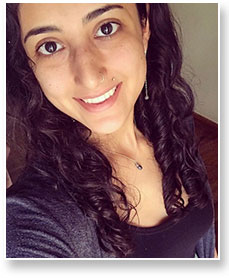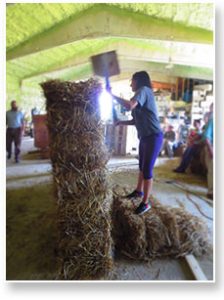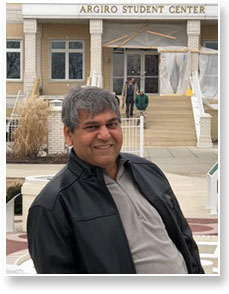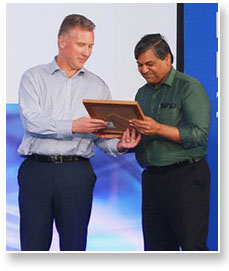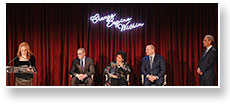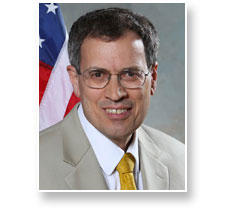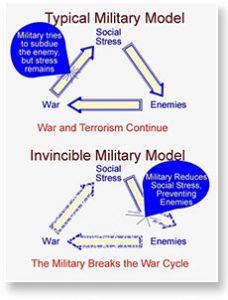
New Study on TM and PTSD Published in The Lancet Psychiatry

PTSD affects 10 to 20 percent of veterans
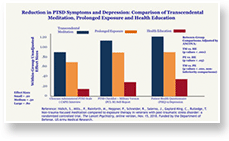
The graph shows improvement in overall PTSD symptoms and depression for each treatment group. The findings indicated significant reductions in PTSD symptoms and depression for the TM group compared to health exposure; and ‘non-inferiority’ between TM and prolonged exposure, indicating that TM was comparable to prolonged exposure in reducing PTSD symptoms and depression. (see larger view)
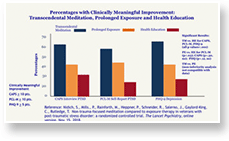
Findings indicated that 61 percent of the veterans assigned to learn and practice the TM technique experienced clinically meaningful improvement in PTSD symptoms, compared to 42 percent with prolonged exposure therapy, and 32 percent with health education. Clinically meaningful improvement is defined as a reduction of 10 or more points on the CAPS PTSD scale. (see larger view)
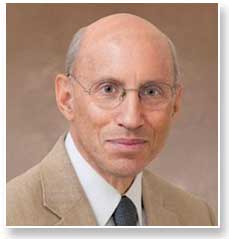
Sanford Nidich, EdD, director of the Center for Social-Emotional Health and Consciousness at Maharishi University of Management Research Institute
Veterans with post-traumatic stress disorder (PTSD) who practiced the Transcendental Meditation® technique showed significant reductions in PTSD symptoms comparable to veterans who utilized a gold standard prolonged exposure therapy, according to a new study published in The Lancet Psychiatry journal. Both Transcendental Meditation and exposure therapy treatments were significantly more effective than the PTSD health education control group.
Major news outlets around the world covered the findings. The Associated Press (AP) story was picked up by The New York Times, The Washington Post, NBC News, and ABC News.
The randomized controlled trial assigned a total of 203 veterans at the VA San Diego Healthcare System to prolonged exposure, Transcendental Meditation, or health education control groups. Each treatment provided 12 sessions over 12 weeks, with daily home practice. The objective of the study was to compare TM to prolonged exposure in a non-inferiority clinical trial, and to compare both to an attention control of health education.
Findings indicated that 61 percent of the veterans assigned to Transcendental Meditation experienced clinically meaningful improvement in PTSD symptoms, compared to 42 percent with prolonged exposure and 32 percent with health education. Results further indicated significant reductions in depression and mood disturbance and improved quality of life for TM® compared to health education controls.
“PTSD is a complex and difficult-to-treat disorder that affects 10 to 20 percent of veterans,” said Sanford Nidich, EdD, director of the Center for Social-Emotional Health and Consciousness at Maharishi University of Management Research Institute and the study’s principal investigator. “This trial provides evidence that Transcendental Meditation, a non-trauma-focused therapy, is a viable option for decreasing PTSD symptoms in veterans. The availability of an additional evidence-based PTSD therapy will benefit patients both by offering them a greater range of first-line treatment options and by serving as an alternative treatment strategy for those not responding to exposure-based PTSD therapy.”
The Department of Defense, US Army Medical Research, sponsored the study for $2.4 million. The VA San Diego Healthcare System, The University of California San Diego School of Medicine, Georgetown University Medical School, and Maharishi University of Management Research Institute collaborated on the trial. Other MUM coauthors included Maxwell Rainforth, Robert Schneider, John Salerno, and Carolyn Gaylord-King.


